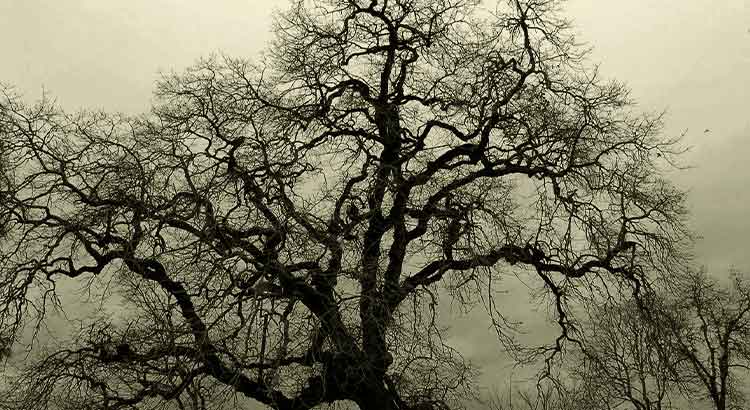Jude the Obscure is Thomas Hardy’s latest novel. Received in hostility by the critics, some say that the epithets from “dirty” to “immoral” justified Hardy living little more than thirty years without publishing a new novel. The fact is that Hardy abandoned the genre exactly after the publication of a masterpiece. As for the criticism, Swift has well defined: “When a true genius appears in the world, you may know him by this sign, that the dunces are all in confederacy against him”. And it is not possible today, far from the petty conveniences of Victorian society, not to classify the work as brilliant. Brilliant and inducer of the revolt: Jude the Obscure exposes the entrails of this repugnant organization called society. Jude, the protagonist, faces a freedom-limiting environment, oppressive against any manifestation of the individual. The masses, naturally, are presented as despicable, hostile to the diverse, incapable of accepting what does not replicate their mediocrity. Social organization based on conventions, almost always stupid, unnatural, and inductive of injustice; authoritarianism figuring as its essence and the very clear message: society is a filthy machine. It is difficult not to read the work and think that what is convenient is essentially unworthy. Jude, still young, aims at high culture, despite his very limited possibilities. For years he feeds a dream, when they see him, in the village where he lives, as a promising young man. Then they set him up. A girl seduces him, eager for ascension: she drags him into her own home, subjecting him to embarrassment assisted of her father. Jude is forced to judge that marriage is a requirement of honor and marries, even though he is unable to do so. Reality changes abruptly: Jude then sees his horizon crassly limited, with all his dreams blown away because of a compulsory need for money. Soon the marriage shows him its perverse face: his wife, dissatisfied, leaves him and changes country, but does not release him from the eternal commitment he made before the priest, forced by conventions. Then the narrative advances and Jude, falling in love with his cousin, feels in the flesh the curse of being born belonging to the human species. It is to read and feel the rebellion pulsing. Some depreciated the construction of Hardy’s characters, judging them hostages of a biological determinism; some said of several scenes “immoral”, “absurd” and many other things. But here is the truth: Hardy’s narrative convinces, the characters are alive and real, and Jude the Obscure‘s plot is conducted with an extreme skill. Time already seems to show how virtuous the conventions of Victorian society were. And it also seems to highlight this: Jude the Obscure is an immortal novel.
____________
Read more:
